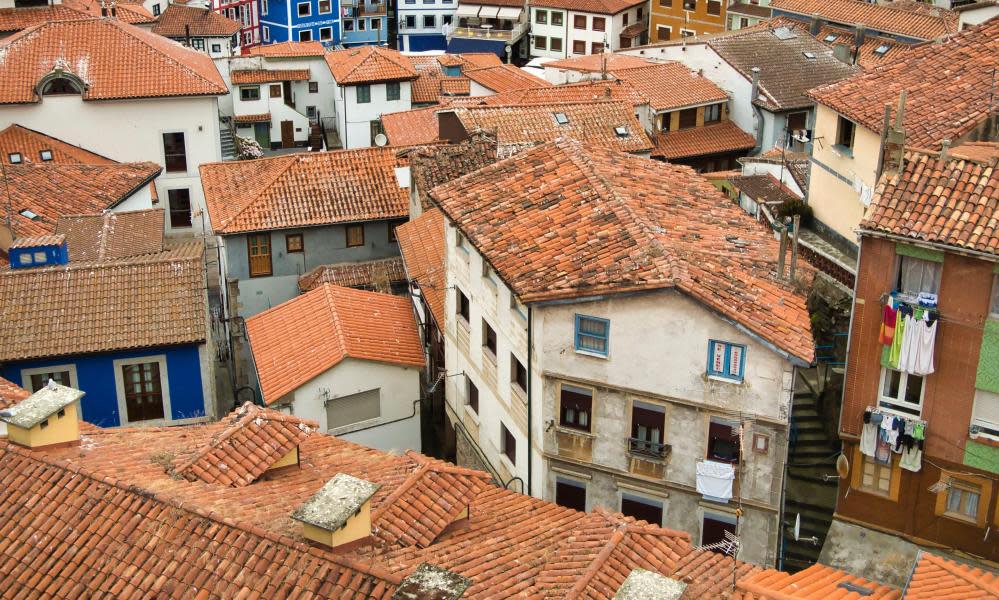Four new collections up for the Forward poetry prizes – review roundup

When the toxic legacies of US racial politics boil over into mass protest, as now, it is always worth remembering how one person’s state of emergency is someone else’s quotidian normality. “The war never ended and somehow begins again”, writes Natalie Diaz in the opening poem of her remarkable collection Postcolonial Love Poem (Faber, £10.99), which has been shortlisted for the Forward prize. Building on her striking debut, When My Brother Was an Aztec in poems of blasted landscapes and fierce desire, rivers and snakes and basketball (which she once played professionally), Diaz unfolds a poetry of radical embodiment and embodied radicalism. An inscribed member of the Gila River Indian Community, Diaz commands a cosmic-mythic range (“I carry a river. It is is who I am … This is not metaphor”), while also writing poems of rare intimacy (“Ode to the Beloved’s Hips”). Seldom since Allen Ginsberg’s Howl has British poetry had more to learn from a US import.
From vignettes of a Merseyside childhood to evocations of sun-parched Madrid, Martha Sprackland’s Forward debut prize-shortlisted Citadel (Liverpool, £9.99) is keenly responsive to questions of place and displacement. “I grew up coastal”, Sprackland writes in “Melr”, “with the land to my back”, but in her Spanish poems it is enclosed and claustrophobic landscapes that dominate. The 16th-century Juana of Castile, imprisoned and tortured for religious doubt as a young woman, is a presiding spirit. Soaring hawks above the Alhambra (“Falconry”) and vistas of sienna-tile roofs with distant bellringing conjure Goyaesque visions. Juana’s confinement is dramatically drawn (“An Entertainment of Broken Letrillas”) alongside the more contemporary cruelty of eating ortolans (“God of Lark and Buntings”). Sprackland’s painterly visions linger long in the memory.
In Nina Mingya Powles’s “Mid-Autumn Moon Festival, 2016” the poet encounters a persimmon and immediately looks up how to say it in Chinese, so that “we taste the word”. Mingya Powles’s Magnolia 木蘭 (Nine Arches, £9.99) joins Mary Jean Chan’s Flèche, Theophilus Kwek’s Moving House and her fellow Forward-shortlistee Sam Harris’s Rendang in the wave of strong new poetry currently coming from Anglo-Asian voices. The presence in Magnolia 木蘭 of so many references to language learning shadows the reader’s experience as we move with the poet between cultures, in a world where “Matt Damon saved China” (in a 2016 film), the name Eileen is transliterated into characters meaning “love” and “tinkling jade”, and “in each city, large or small, each person has their own secret map.” Clouds, gardens and Chinese characters form a complex symbology of a lived experience that is also a dream, an experience not unlike reading Mingya Powles. Or as she puts it herself: “Maybe there is a word for this. I knew it once.”
The “air year”, Caroline Bird informs us (The Air Year, Carcanet, £9.99) is “the anniversary prior to paper / for which ephemeral gifts are traditional”. For a book exploring ephemeral states, it is full of poems that move at breakneck speed. Even Bird’s line-breaks trip over themselves: “please love me /”, begins “Drawn Onward”, “a little bit less.” The Air Year, shortlisted for Forward best collection, pulls off the unusual combination of dark subject matter and an unrelentingly upbeat, even fizzy demeanour. While we might safely assume the orgasm-inducing torpedo in the forest, in “Nancy and the Torpedo”, is what TS Eliot would call an “objective correlative” for something else, we are nevertheless left with the conundrum of a harrowing but very funny poem about orgasm via torpedo (“Can’t you see I’m doing this by you?”). It’s a wild ride, but an exhilarating one.


